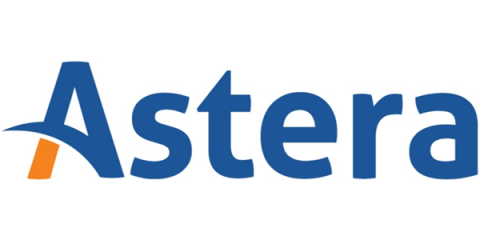Revolutionizing Pharma Labeling: Innovations Enhancing Quality and Efficiency
The process of preparing and submitting labeling to regulatory authorities can be time-consuming and complex, requiring specialists’ input and careful coordination across organizations and functions to ensure the quality and safety of products going to market. This often causes delays that ripple across the supply chain, impacting profitability and patient care.







